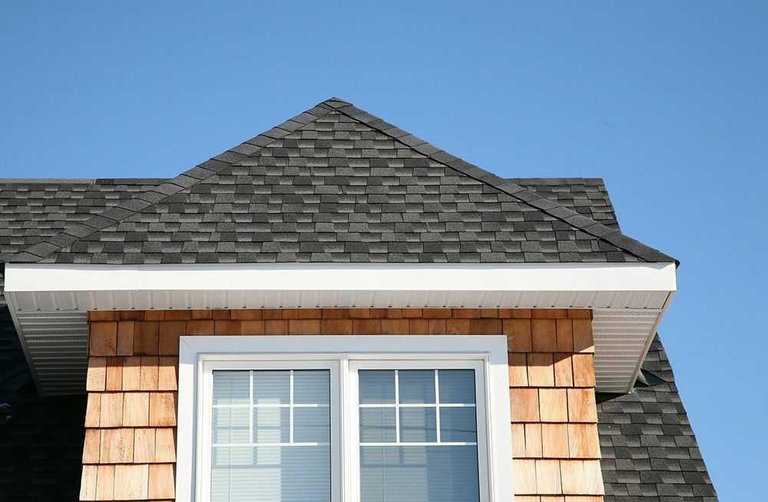If you believe the Farmer's Almanac, it's going to be a brutal winter. Which is all the more reason to check the health of your roof now - using your attic to maybe save you from breaking your neck.

That's right, your attic.
Think about it: No homeowner really wants to be climbing 25 feet or so into the air on a ladder when the weather is turning colder and nastier. But unbeknownst to many, your attic - which is a lot safer and more comfortable - can actually substitute, as a fallback, for the direct roof check experts recommend be done every pre-winter and spring to identify problems before they become even more serious headaches.
"Roofs actually create an insulated barrier that helps trap heat inside, and most attic spaces are located right below them," explains Jason Joplin, program manager of CARE (the GAF Center for the Advancement of Roofing Excellence). "That makes them perfect for spotting potential problem areas and damage without worrying about falling off a ladder."
Here's what to look for while you're up there:
Water leaks. As sure as taxes will be due in April, it will storm. And when it does, shine a flashlight up in the attic to check not only for dripping water and condensation, but also for water stains on the ceiling, walls and floors. All are dead giveaways that H2O is finding its way beneath your roof's shingles or behind its flashings.
Stuffed vents. There's a reason Joplin likens the attic to "the lungs of the house."
"It has to be able to breathe in order to function properly," he says.
Meaning, vents clogged with debris impede proper ventilation and need to be cleared. Unless, of course, you're okay with (among other things) higher energy bills.
- Animal damage. Yes, squirrels are cute - when they're frolicking on park lawns. They're not cute, however, when they (along with bats, birds and raccoons) wreak potential damage by using your home for refuge. You'll know if they've been hiding out by these telltale signs: nests, droppings, and gnawed wood, wires, or insulations.
First call on your list? A pest-control pro.
- Structural problems. The mere hint of a sagging roof - you'll need to look up for this - could indicate possible structural weakness requiring professional repair before the first snowfall adds any more weight to it.
And if your goal is prolonging your roof's life, you'll want to be sure any professional roofing contractor you consult is insured, factory-certified, and uses quality materials. Joplin, for one, recommends the latest triple-layer line of Glenwood Shingles - the thickest of its kind, with an authentic wood-shake look - from GAF, North America's largest roofing manufacturer. A free service that makes it easy to find a factory-certified contractor in your area can be found at gaf.com.
Oh, and just so you don't dawdle, here's the Farmer's Almanac's definition of a brutal winter: "very long, cold, and snow-filled."
Hi! I am a robot. I just upvoted you! I found similar content that readers might be interested in:
http://www.ncwtv.com/beta/your-attic-can-make-pre-winter-roof-checkups-easier-8336/